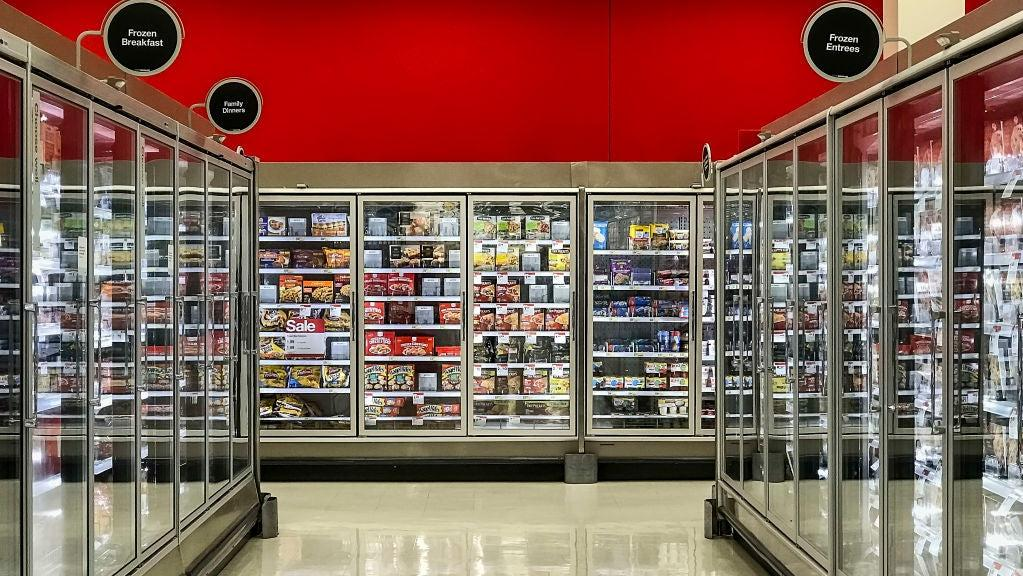3 Diet Food Terms We Never Want To See Again
Diet culture seeps into our lives even at the vocabulary level. Here are just a few examples of descriptors that have to go.
The staff of a food publication often finds itself adrift in a sea of press releases and promotions. It's highly useful, of course, to be connected to the industry and gain a sense of what's going on in the wide world of food, but to see the onslaught of useless, even harmful products jockeying for position in the average consumer's consciousness can leave a food writer with some strong opinions.
Here now at the beginning of January, a month tragically associated with strict self-denial, we'd like to take a moment to encourage you all to ignore the following food terms cooked up by the diet culture industrial complex to strike fear in the hearts of those who dare eat what makes them feel good.
(If you'd rather not read a list of diet-related phrases that might be triggering and/or infuriating to you, we encourage you to stop right here. Let's make 2022 the year in which we do what's best for ourselves, and define that metric as we may.)
“Better-for-you” snacks
We've detected a steady rise in this term within The Takeout's inboxes across the past two years. Better-for-you gummies, better-for-you peanut butter powder, better-for-you cookies, better-for-you beverages.
The exact way in which the product is "better" varies from one product to the next; one item might have less sugar than the leading brand while another might claim to be "powered by plants." But the prescription that a new product is "better" for you is rather insulting and reductive. Sure, a "skinny" margarita might have fewer grams of sugar, but who's to say I want my sugar replaced with a bunch of artificial or "alternative" sweeteners? Why would a gluten-free product be de facto superior to one that contains gluten? The term "better-for-you" has zero utility when making our food choices.
“The quarantine 15”
If you thought this cutesy, marketable moniker for pandemic-related weight gain had stayed buried in 2020, think again. The cursed term "quarantine 15" popped up to assault us well into 2021, and I wouldn't be surprised to see it resurface even in 2022, here in this post-holiday season when diet and fitness companies must fire on all cylinders to "motivate" us. It's worth keeping in mind that not only is the data on this collective weight gain hazy at best, but the phrase itself is weaponized primarily by entities that profit off of our dissatisfaction with our bodies. Cheeky, shaming buzzwords should never be the basis upon which we make decisions about our health.
“Guilt-free”
Calling any product "guilt-free," for any reason, implies the existence of foods we ought to feel guilty about eating due to their nutritional makeup. But nutrition is not a moral proposition, and the foods we choose to eat do not confer virtue, despite the fact that diet culture needs us to believe that they do.
A search of my inbox finds that in 2021, the term "guilt-free" was applied to six different seltzer products, a pancake mix, nut butter, beef sticks, pumpkin pie, Keto gummy bears, granola, gin, tahini, three varieties of popcorn, a line of "hydration beverages," energy drinks, vegan baking melts—and this is only an incomplete list of results from November and December of last year. Starts to lose all meaning after a while, doesn't it?
Set up an email filter to automatically delete these pernicious diet phrases from your inbox and be done with it. Your 2022 doesn't need any of this.
